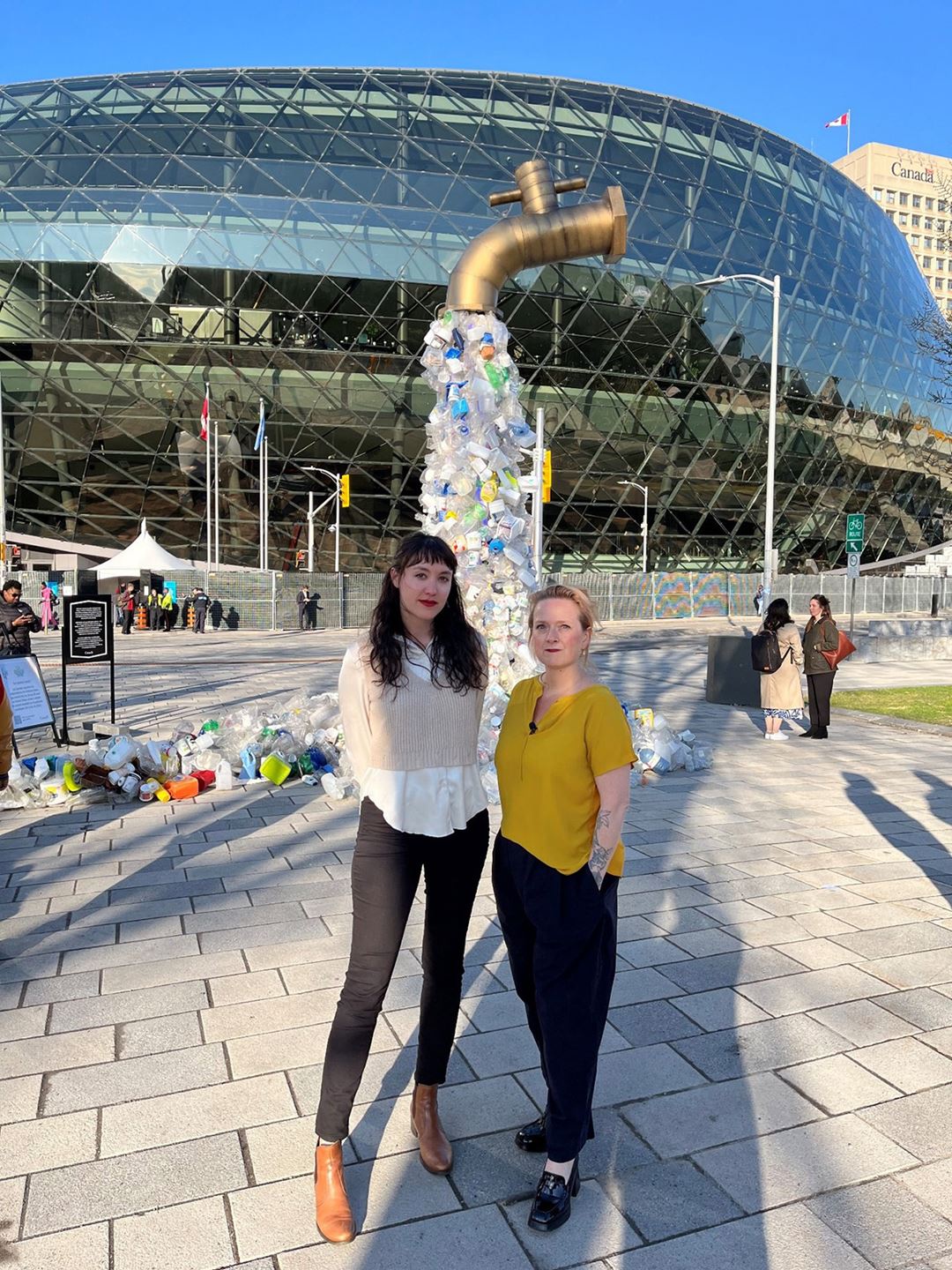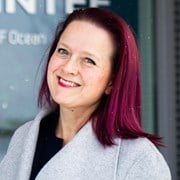SINTEF has been actively engaged with the Global Plastics Treaty negotiations since 2021. We have participated in the discussions held at the UN Environment Programme headquarters in Nairobi, Kenya, employing event ethnography and conducting in-depth interviews as part of our methodology. We are systematically coding the negotiations and developing a searchable database, which will be published upon the conclusion of the final round of negotiations.
Global plastic production is nearing 450 million tonnes and without any action to limit its production is expected to increase in tenfold. Our recycling systems from global to local are overwhelmed by the sheer volume of plastic waste generated. The economic impact of this plastic pollution crisis is estimated at nearly 2.5 trillion USD annually. Addressing this crisis requires a fundamental shift to prevent the continuous influx of plastic into the market and ultimately the ocean. The transboundary nature of marine pollution means no single nation can solve this issue alone. Current fragmented multi-level agreements fail to hold stakeholders legally and financially accountable or address the crisis comprehensively on a global scale.
To combat this problem, the Global Plastics Treaty (GPT) began negotiations in the fall of 2022 and is planned to have five subsequent negotiation sessions.
| Date | Event | Location | Additional comments |
| 21.-28. Feb 2022 | OECPR1 5.2 | Nairobi, Kenya | Attended virtually |
| 28. Feb . 2. March 2022 | UNEA5.2 | Nairobi, Kenya | Attended in person |
| 30. May -1. June 2022 | OEWG | Dakar, Senegal | Attended virtually |
| 28. Nov - 2. Dec 2022 | INC-1 | Punte Del Este, Uruguay | Attended in person. Published the data as it only included publicly available negotiations |
| 28. May - 2. June 2023 | INC-2 | Paris, France | Attended in person. The data is not yet available for open access |
| 13.-19. Nov 2023 | INC-3 | Nairobi, Kenya | Attended in person. The data is not yet available for open access |
| 23.-29. April 2024 | INC-4 | Ottawa, Canada | Attended in person. The data is not yet available for open access |
| 25. Nov - 1. Dec 2024 | INC-5 | Busan South Korea | Attended in person. The data is not yet available for open access |
"When you want to protect the environment, you often have to set aside national interest and preserve the planet for the good will of everyone." – Delegate from Senegal during plenary at INC-2.

What does SINTEF do?
SINTEF has expertise in political science and international relations, working at both theoretical and practical levels to analyse power delegation at local, national, and global scales, and to study how institutions evolve to collectively govern common resources globally. Our goal is to leverage this knowledge to monitor the development of new and existing regimes, evaluating the roles of involved actors in addressing significant global challenges related to the triple planetary crisis of climate change, biodiversity loss, and pollution.
For the Plastic Treaty, the SINTEF team collects social science data in the form of narratives and observational data during these negotiations. We code these narratives and build a database of interventions to allow future academics, politicians and members of civil society to analyse how global environmental treaties are formed. This serves not only academic purposes, but also those of transparency of policy processes and public trust. Throughout each session of negotiation, the team builds upon the global environmental negotiation databases SINTEF Ocean has, to understand how global environmental treaties are formed via input from delegates, civil society, indigenous peoples, science, youth, industry and IGOs. In doing so we systematically document statements in the negotiation room while accounting for gender balance, speaking time of delegates and ‘hot topics’ that appear and steer the negotiations.
Articles:
Cowan, E., Holmberg, K., Nøklebye, E., Rognerud, I., & Tiller, R. (2024). It takes two to tango: the second session of negotiations (INC-2) for a global treaty to end plastic pollution. Journal of Environmental Studies and Sciences, 14(2), 428-434.
Maes, T., Wienrich, N., Weiand, L., & Cowan, E. (2023). A little less conversation: How existing governance can strengthen the future global plastics treaty. Cambridge Prisms: Plastics, 1, e22.
Cowan, E., Tiller, R., Oftebro, T. L., Throne-Holst, M., & Normann, A. K. (2023). Orchestration within plastics governance–From global to Arctic. Marine Pollution Bulletin, 197, 115635.
Tiller, R., Booth, A. M., & Cowan, E. (2022). Risk perception and risk realities in forming legally binding agreements: The governance of plastics. Environmental Science & Policy, 134, 67-74.
Cowan, E., & Tiller, R. (2021). What shall we do with a sea of plastics? A systematic literature review on how to pave the road toward a global comprehensive plastic governance agreement. Frontiers in Marine Science, 8, 798534.
Tiller, R. and Nyman, E. (2018). Ocean Plastics and the BBNJ treaty: is plastics frightening enough to insert itself into the BBNJ treaty, or do we need to wait for a treaty on its own? Journal of Environmental Studies and Sciences. DOI:


